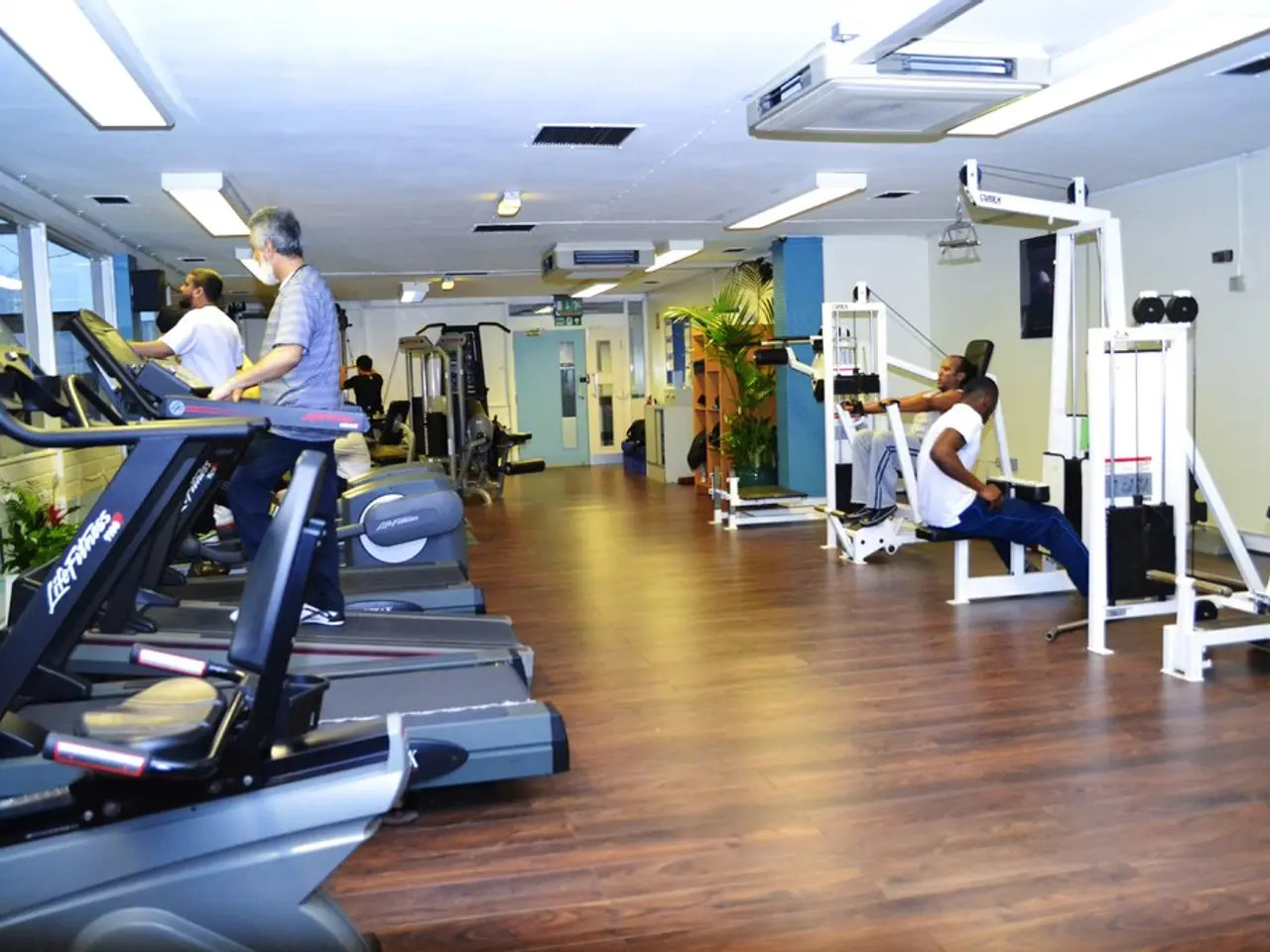Three Ab Workouts Wasting Your Effort - Replace Them with Four Productive Ones
Title: Waking Up at 3 a.m.: Understanding the Health Implications and Solar Grants for Irish Homeowners
In the realm of sports medicine, a recent narrative review published by Sports Medicine focuses on designing time-efficient training programs for strength and hypertrophy [1]. Meanwhile, The Journal of Strength and Conditioning Research has delved into a systematic review of core muscle activity during physical fitness exercises [2].
However, today, we're going to discuss a different topic that might be affecting your sleep rather than your workout routine - waking up at 3 a.m. This unusual sleep pattern could be indicative of several health conditions or underlying issues.
Regularly waking up at this hour might be linked to liver stress or dysfunction, possibly due to detoxification processes or blood sugar imbalances affecting liver health [1]. Hormonal changes, especially cortisol surges, could also be a factor, particularly in women experiencing perimenopause or hormonal imbalances [3]. Low blood sugar levels during the night can also trigger awakenings around 3 a.m., disrupting sleep continuity [3].
Sleep disorders such as sleep apnea, conditions that cause breathing interruptions, frequently cause opening of the eyes or awakenings to resume breathing [4][5]. Mental health conditions like anxiety, depression, or stress can also cause difficulty maintaining sleep, often resulting in early morning awakenings [2][4][5]. Other health issues, such as nocturia (frequent urination), menopausal changes, or other underlying conditions, can also lead to waking around this time [2][4].
Environmental factors like a warm sleep environment or lifestyle factors disrupting circadian rhythms can also cause 3 a.m. awakenings, but these are not directly health conditions [2][4].
If waking up at 3 a.m. becomes frequent and causes issues with daytime functioning, consulting a healthcare professional to assess liver function, hormonal levels, mental health, and possible sleep disorders is advisable [2][3][4][5]. Establishing consistent sleep routines and managing stress and blood sugar may also improve sleep quality.
On a different note, the Irish government has introduced a solar 'bonus' scheme offering grants of up to €1,800 towards the cost of solar panels for Irish homeowners who live in specific eircodes [6]. However, it's important to note that these grants do not cover the entire cost of installing solar panels, only a portion of the cost [7]. The grants are available only to homeowners and not to other types of property owners or renters [8].
References:
[1] Sports Medicine. (2021). Designing time-efficient training programs for strength and hypertrophy. [2] The Journal of Strength and Conditioning Research. (2021). Core muscle activity during physical fitness exercises: A systematic review. [3] Mayo Clinic. (2021). Waking up at 3 a.m.: Why it happens and how to sleep better. [4] American Sleep Association. (2021). Sleep Apnea. [5] National Sleep Foundation. (2021). Stress and Sleep. [6] Irish Government. (2021). Solar 'bonus' scheme for Irish homeowners. [7] Sustainable Energy Authority of Ireland. (2021). Solar PV Grant: Terms and Conditions. [8] Irish Times. (2021). Solar 'bonus' scheme: Who is eligible for the grant and how to apply.
Read also:
- Apparition's Significance and its Delivered Messages - as discussed by Sensenmann
- Explored the Popular Health Assessment with a Queue of 100,000 Aspiring Participants - Here's My Unadulterated Opinion
- Hearing impairment condition: Recognizing symptoms and management approaches
- Exploring Recurring Actions in Mature Individuals: An Analysis of Persistent Actions in Adults' Daily Lives





